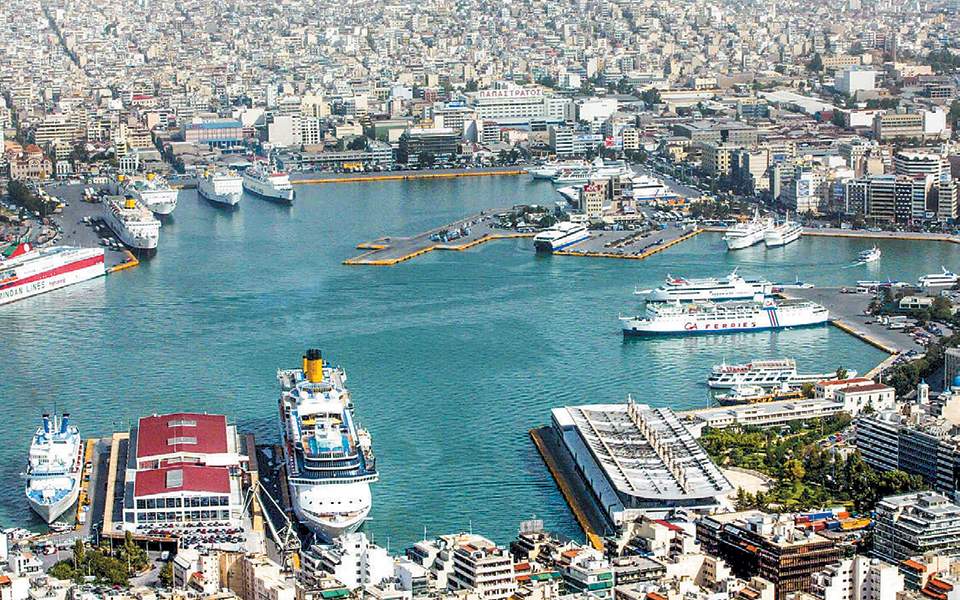Ferries need to be updated or replaced, experts warn

Greece’s coastal shipping fleet is old and environmentally unsound, and needs to be replaced with the assistance of local and European Union authorities, XRTC Business Consultants says in its latest report on the sector.
“The countries of the European Union, and Greece foremost, have no other choice but to upgrade and replace their older ships,” the report said, calling for “new investments, new financing tools and flexible business ventures that can carry out direct investments.”
The report stresses that Greek coastal shippers have until January 1, 2020, to comply with an International Maritime Organization (IMO) directive limiting the sulfur in fuel oil to 0.50 percent m/m (mass by mass), so as to reduce sulfur oxide emissions.
They also have to strive to meet commitments from the international shipping community to reduce carbon emissions from fossil fuels by at least 40 percent by 2030.
The average age of the 41 ferryboats operated by Greece’s three biggest coastal shippers – Attica, Minoan and ANEK – is 19.3 years, while the country’s total fleet of 91 ferries is aged 26 on average.
“There is no flexibility in the need to renew the fleet within the next decade, as many of the ships will be aged 40 by then,” notes George Xiradakis, XRTC’s shipping expert.
On the upside, Attica Group’s successful bond issue in July, which raised 175 million euros from offers of 375.6 million euros, “is without doubt the most important and hopeful development in the coastal shipping market in recent years,” Xiradakis says, adding that it points to serious investor interest.
Figures from the Hellenic Statistical Authority (ELSTAT) show a rise of 5 percent in ferry traffic, though this mainly benefited smaller companies like Seajets, Golden Star and Fast Ferries, which are strengthening their presence in the market.
The rise in fuel prices, meanwhile, is estimated to have increased the three main ferry firms’ operating costs by some 100 million euros in 2017 and 2018.





